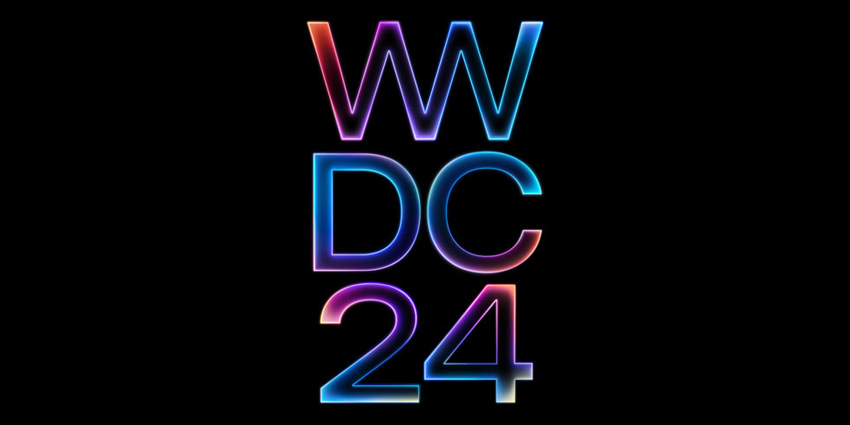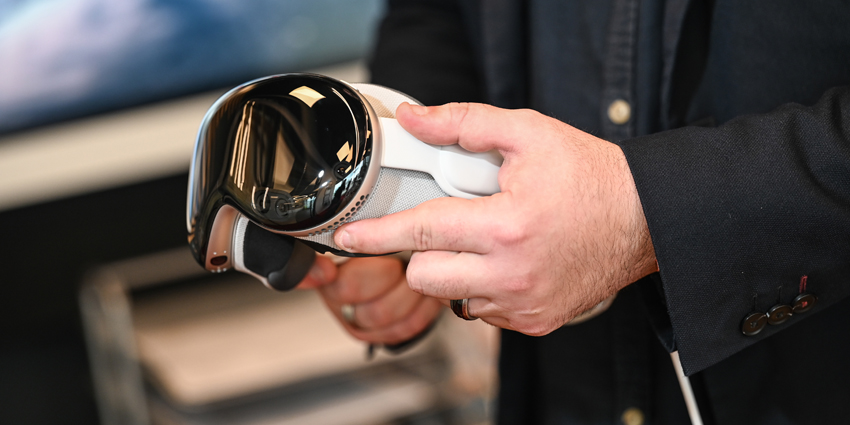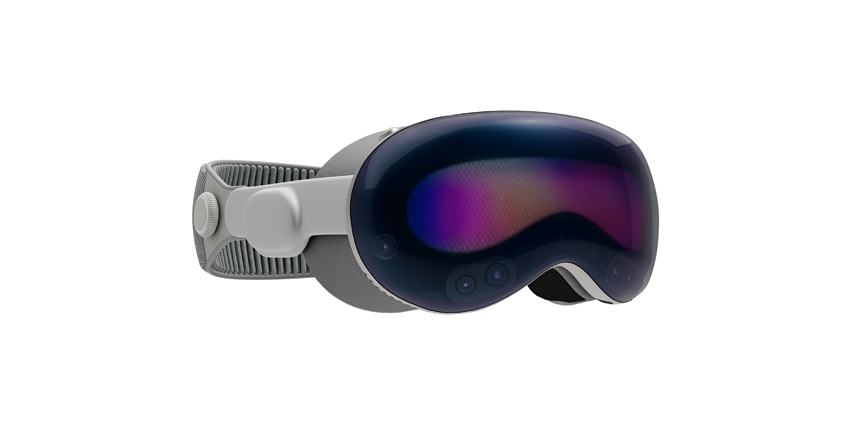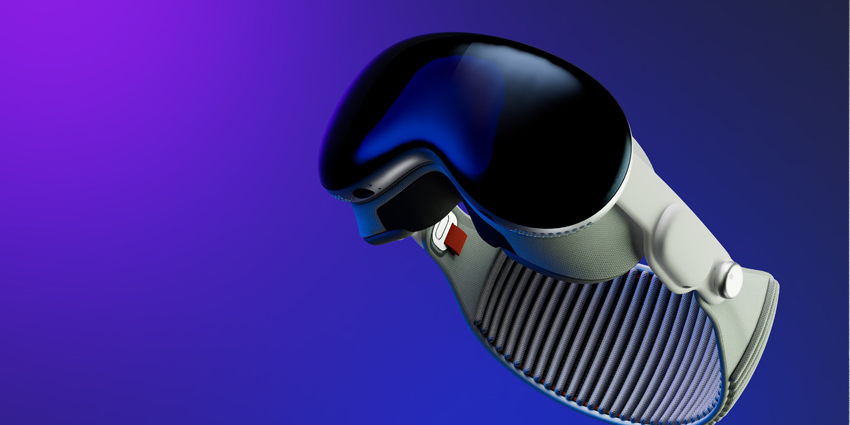Meta Platforms has now entered new territory with Chinese tech giant MediaTek as it explores a partnership for its future augmented reality (AR) smart glasses.
In a recent event, Chinese chipmaker MediaTek met with executives from Meta to team up for its future smart glass product lineup. The MediaTek Summit 2023 saw Vincent Hu, Vice-President, MediaTek, meet with Jean Boufarhat, Vice-President, Meta Reality Labs, to discuss the exclusive partnership.
MediaTek and @Meta are collaborating to accelerate the future of AR! MediaTek will be powering Meta’s upcoming AR glasses to offer interactive computing experiences in a sleek form factor. Meta chose MediaTek’s silicon for our expertise in optimizing power and performance. pic.twitter.com/FJIhvV4hQO
— MediaTek (@MediaTek) November 16, 2023
The technologies the two companies will provide will not be offered to other tech companies and signals a hallmark collaboration between companies from the United States and China.
For the Menlo Park-based firm, it needs to boost its processor capacity to realise its potential in the AR smart glasses market. It will do so by seeking MediaTek’s semiconductors, which offer low power consumption but rapid, quick performance for handling demanding tasks. XR Today takes a closer look at the potential of the partnership.
Meta and Qualcomm: Calling It Quits or Business as Usual?
Demond Cureton, Senior Journalist, XR Today to explore the newly-formed partnership between the recent trans-Pacific partnership.
News of the recent partnership comes amid a longstanding deal between Meta and Qualcomm. The latter has been supplying compute power for Meta’s Quest product lineup, including the Quest 2, Quest Pro, and Quest 3.
Additionally, Qualcomm’s Snapdragon AR1 Gen1 Platform powers Meta’s newest Ray-Ban smart glasses. However, Meta’s Ray-Ban headsets do not offer AR-powered overlays and instead, provide simpler features like artificial intelligence (AI) recognition, camera, sound, and video recording capabilities, and other functionality.
Furthermore, Meta aims to reduce its form factors to much more acceptable sizes to boost adoption rates, leading to longer-term sales success. Turning to MediaTek for this will allow Meta to reach the much-needed form factors essential to optimal processing and a smaller footprint.
Furthermore, due to ongoing developments with the AR2 Gen 1 platform, Meta could leverage other chipmakers in the smart glasses market to ensure it has the computing power needed in the future. This would require years of advanced planning, production, and security in case of further disruptions to the silicon-making market.
Despite the new partnership, Qualcomm is expected to remain an integral part of Meta’s operations for its Quest series of headsets. Furthermore, as Qualcomm continues to integrate its Snapdragon series processors into mobile devices, Meta will leverage the Snapdragon XR2 Gen 2 for its Quest 3 headsets.
Meta and MediaTek: Chip(sets) off the Old Block?
MediaTek is a key challenger to companies like Qualcomm, Intel, Apple, Google, and others, with the latter two also branching out with their own chipsets such as the M2 and Tensor G3, respectively.
Diversifying such components could create both financial revenue opportunities for MediaTek, following its release of the Dimensity 9300, and secure Meta’s future as it transitions immersive hardware form factors to smart glasses.
According to NanoReview, MediaTek’s Dimensity 9300 is the top-performing smartphone processor on the market, with a score of 98 out of 100, surpassing even Apple’s A17 and Qualcomm’s Snapdragon 8 Gen 3 chipsets. The 8-core processor operates at 3250 MHz and offers a Mali-G720 MP12 graphics processing unit (GPU).
After Mark Zuckerberg, CEO and Founder, Meta, revealed his company’s strategy for the future of AR smart glasses at the Meta Connect 2023 event in September, the executive may pivot to Chinese solutions, which offer lower prices and longer usage times compared to rivals while not sacrificing performance, to achieve these goals.
This could keep his device procurement plans in line with his Year of Efficiency strategy, allowing the company to save money and scale up its AR smart glass ambitions at the same time.
The capable processor will also need to compute artificial intelligence (AI) integrations into future AR smart glasses. As the devices will function as fully AR-capable devices, Meta will want bespoke processing components built specifically for these requirements — similarly to Apple and Google — to deliver precisely what the Meta-MediaTek partnership aims to achieve.
Meta, MediaTek, Step up Llama 2 Integrations
Furthermore, the two companies teamed up to collaborate further on integrating Meta’s Llama 2 language learning model (LLM). With the strategic venture, Meta’s Llama 2 LLM will leverage MediaTek’s NeuroPilot AI platform to deliver a cutting-edge solution for accelerating AI development and adoption.
The two aim to achieve this with smartphones, smart homes, the Internet of Things (IoT), cloud and edge devices, and smart vehicles, among many others.
According to MediaTek, it aims to achieve compute power by running operations at the edge and on devices, rather than in the cloud. This offers manufacturers greater performance, privacy, and security compared to cloud computing. It can also facilitate processing in regions or places where there is little to no connectivity, it added.
MediaTek’s accelerated processing unit (APU) aims to achieve this in the deal with more reliable and rapid connectivity, leading to better performance for generative AI (GenAI), AI super-resolution, and other functions.
MediaTek’s upcoming flagship processor will debut later in the year with a software stack tailored for Llama 2 along with an upgraded APU, Transformer backbone acceleration, and more efficient DRAM use.
JC Hsu, Corporate Senior Vice President and General Manager of Wireless Communications Business Unit, MediaTek, said in a statement at the time,
“The increasing popularity of Generative AI is a significant trend in digital transformation, and our vision is to provide the exciting community of Llama 2 developers and users with the tools needed to fully innovate in the AI space. Through our partnership with Meta, we can deliver hardware and software with far more capability in the edge than ever before”
It is understood that the future smart glasses processor will incorporate similar Llama 2 integrations capable of powering Meta’s next-generational devices.
Meta Reenters Mainland China
In other developments, Meta and other major tech firms have been increasing their collaboration with Chinese tech firms to access the world’s largest consumer market on the mainland.
For example, Meta finally inked a deal with Tencent, the world’s largest video game manufacturer, after months of negotiations.
The two will sell a future lite version of the Meta Quest 3 in Chinese markets, leading to more affordable and accessible headsets for the Chinese market.
It also plans to increase Tencent’s market share in mainland China while driving competition against rival headset maker Pico Interactive and, potentially, Apple’s Vision Pro premium head-mounted display (HMD).
Tencent will also provide apps, games, and amenities for Meta’s future budget-friendly device.
The deal is Meta’s first return to China after a 14-year ban on its products following political unrest in the country’s Xinjiang province in 2009.
Vietnam’s Comprehensive Strategic Partnership and Meta
Finally, Meta has tapped its Year of Efficiency strategy by shifting its metaverse technological investments to Vietnam, which had officially begun roughly four years ago.
The COVID-19 pandemic previously blocked Meta’s plans, but following the crisis, Meta proceeded with its strategy following a meeting with Vietnam’s Prime Minister, Pham Minh Chinh.
During the meeting, both executives pledged to fulfil Vietnam’s Comprehensive Strategic Partnership, which extended to science, technology, and research and development (R&D), among others.
Meta Reality Labs Layoffs and the Year of Efficiency
The news comes after Meta announced layoffs across its Reality Labs branch, namely its Facebook Agile Silicon Team (FAST). Over the past few years, Meta tasked FAST with developing in-house semiconductors for use in its virtual, augmented, and mixed reality (VR/AR/MR) devices.
Roughly 600 staff were hit with layoffs in October, with the news coming amid Meta’s Year of Efficiency pledged earlier in the year. However, after months of restructuring, Meta may prefer to outsource some of its processing power and other key components to other firms seeking a presence in US markets.







